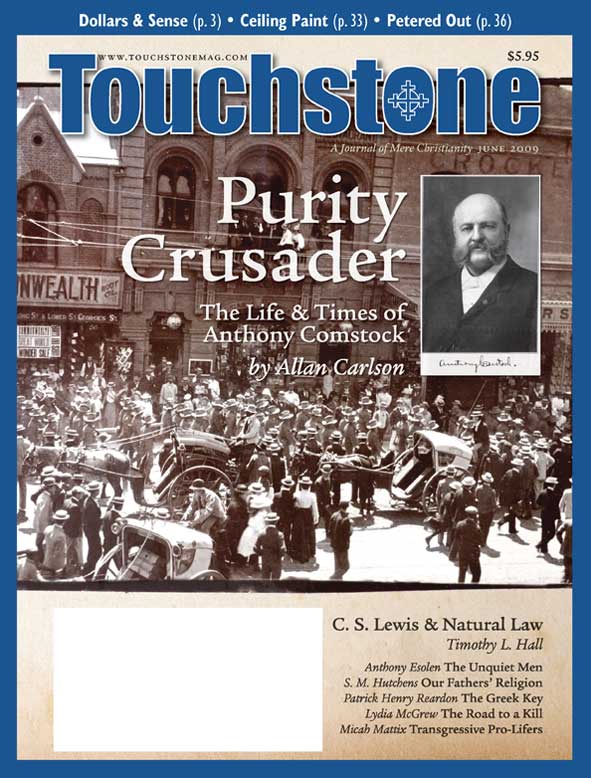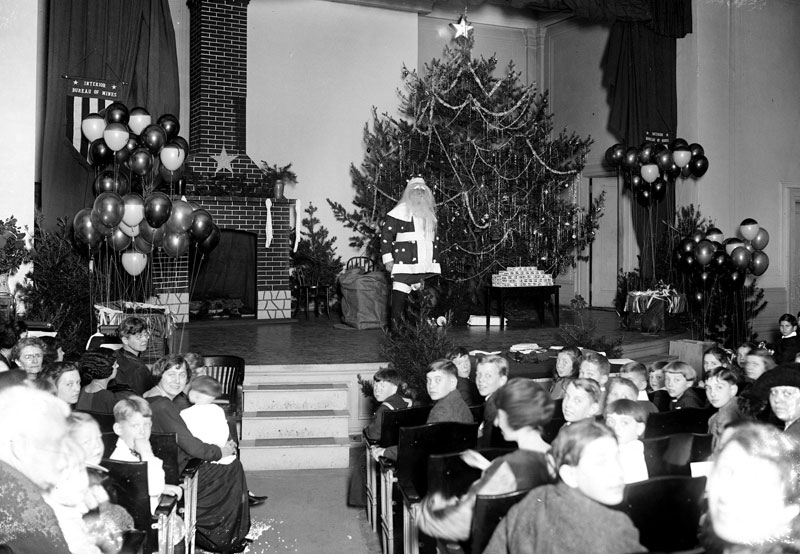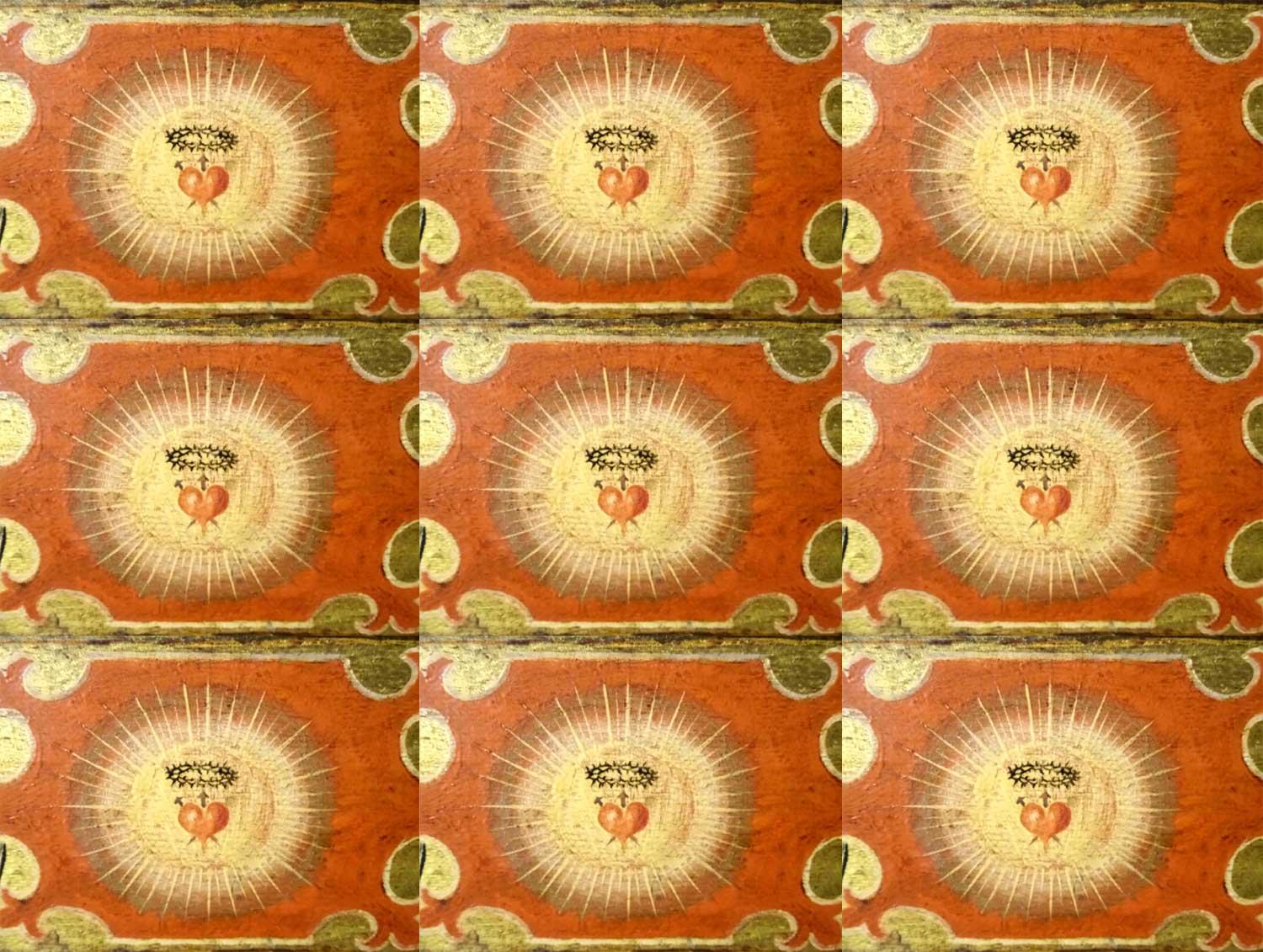View
Our Fathers’ Religion
S. M. Hutchens on Mere Christianity That Is Not Merely Mine
As a young father I entertained fear of the possibility that my children would someday tell me they weren’t interested in my religion— my religion—along with the fear that if that day ever came, I wouldn’t blame them. For I knew my frame: It is dust, and the possible failures of a father who professes a certain knowledge of God to his children that would justify their rejection of “his religion” were manifold.
What, for example, if I, afraid they would harm themselves in the follies of youth, dominated them in a harmful way, or, afraid of the evil in that, became too weak to serve them with proper discipline? What if my children, damaged by my own failures, perceived the connection between these and “my religion”—always supremely easy to do—and were able to make this their excuse to depart into a far country, so that part of the terrible sorrow I would feel at this came from my own culpable knowledge that “my religion” was a justifiable part of their reason for it?
Held in Trust
So I essayed to teach them in indirect but unmistakable ways as they were growing up that my religion is not my religion. I received it from my parents, who received it from theirs. The Christian faith in my family is, as best I can tell, deep and old. It is mine because I have inherited it from them, and did not throw it away, but held it in trust for my own children, to pass it on from their believing ancestors.
Early on, I wanted to teach them in whatever way I could that rejecting it would not be simply a matter of casting away the tastes or idiosyncrasies or opiates or methods of control of their immediate parents, but a belief about the nature of reality, and way of life harmonious therewith, attested by many very different people over many years and under a great variety of personal circumstances, whose faith and teaching flows in our veins just as their blood does.
While my children are free to choose or reject it, they were made to understand that what they choose to take as their own, or reject, is not simply their parents’ religion, but a faith much older, in which the significance of differences and faults of each of its holders, including those of the “denominations” to which they belonged, are relativized in the march of time so that the One Great Thing to be accepted or rejected from their parentage stands out in high relief, not as my religion, or even our family religion, but the Christian faith.
A Right Pedigree
If, indeed, this faith is our patrimony, it must be catholic, for it must survive as distinctly itself as passed down through our ancestors who were Roman Catholics, Anglicans, Quakers, Presbyterians, and Baptists, and who, despite the disruptions of their fellowship, each believed and transmitted what all Christians, everywhere, and at all times, have confessed.
I remember seeing, when I was a boy, a silly tract that justified the faith of our sect by tracing it back to the New Testament through a series of medieval heresies. If that were true, it would be reason to leave as quickly as possible—and the more learned of our church wisely repudiated it. The basic idea, however, was correct: Any faith that can be denominated Christian must have a right pedigree; it must go directly back to the apostles in a true line, passed down accurately from generation to generation, so that no one who calls himself a Christian can say “my religion,” apart from owning a faith that came from others.
So, what I attempted to give to my children as their true patrimony was not a private faith, whether of a single man, or a family, or a denominational group, but what Baxter and Lewis identified as “mere Christianity” in whatever churches the family associated with at different times in our history—something ancient and universal, something infinitely weightier and worthier of consideration than any of its particular and invariably faulty expressions.
S. M. Hutchens is a senior editor and longtime writer for Touchstone.
subscription options
Order
Print/Online Subscription

Get six issues (one year) of Touchstone PLUS full online access including pdf downloads for only $39.95. That's only $3.34 per month!
Order
Online Only
Subscription

Get a one-year full-access subscription to the Touchstone online archives for only $19.95. That's only $1.66 per month!
bulk subscriptions
Order Touchstone subscriptions in bulk and save $10 per sub! Each subscription includes 6 issues of Touchstone plus full online access to touchstonemag.com—including archives, videos, and pdf downloads of recent issues for only $29.95 each! Great for churches or study groups.
Transactions will be processed on a secure server.
more on fatherhood from the online archives
more from the online archives

33.1—January/February 2020
Do You Know Your Child’s Doctor?
The Politicization of Pediatrics in America by Alexander F. C. Webster
calling all readers
Please Donate
"There are magazines worth reading but few worth saving . . . Touchstone is just such a magazine."
—Alice von Hildebrand
"Here we do not concede one square millimeter of territory to falsehood, folly, contemporary sentimentality, or fashion. We speak the truth, and let God be our judge. . . . Touchstone is the one committedly Christian conservative journal."
—Anthony Esolen, Touchstone senior editor













